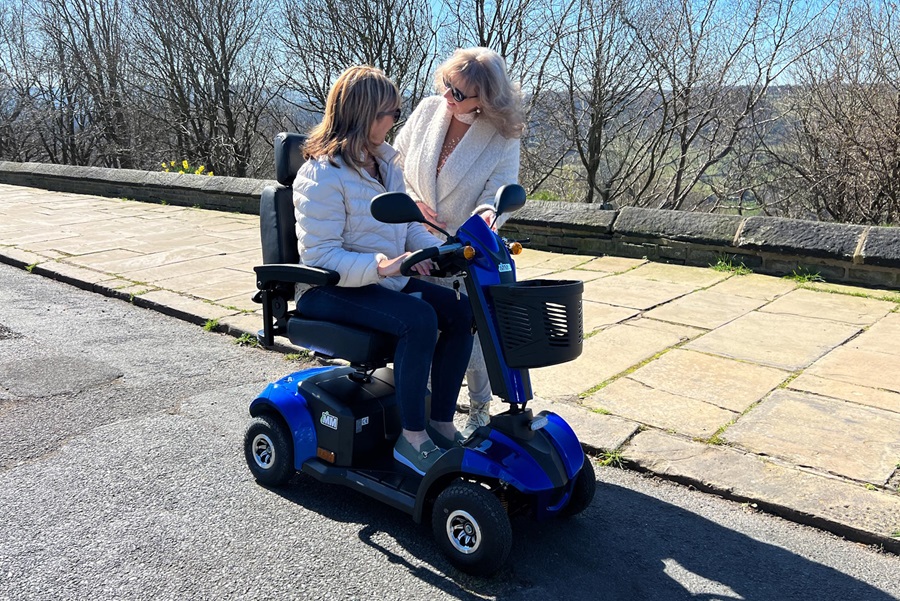Do I need a mobility scooter? A comprehensive guide to choosing the right mobility aid
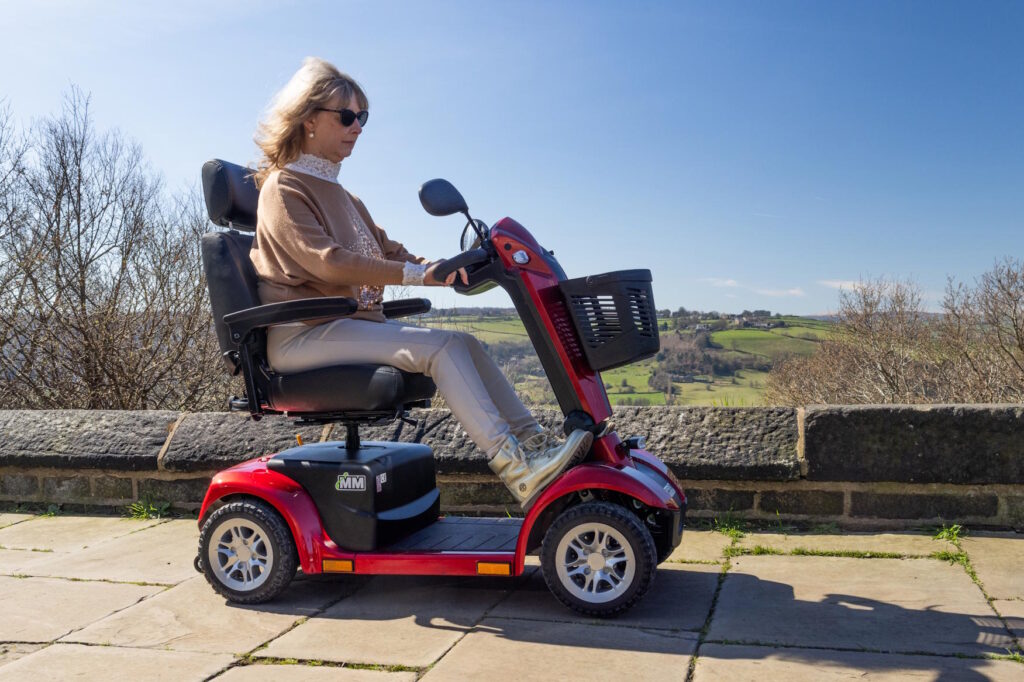
Have you ever found yourself struggling with mobility, feeling limited in your daily activities, and wondering, “Do I need a mobility scooter?”?
In this comprehensive mobility buying guide, we will explore the world of mobility scooters and powered wheelchairs – comparing different types of mobility aids, how they can help your individual needs, and what to do before buying a mobility scooter or powerchair.
Let’s embark on this journey towards independence and improved quality of life!
Table of Contents
Understanding your mobility needs
Choosing a mobility scooter or a wheelchair can be life-changing if you’re living with limited mobility due to age, injury, or illness. But with so many options available, it’s easy to feel overwhelmed.
Alongside your health needs, there are other things to consider when buying a mobility scooter such as your lifestyle, daily routine, and the environment in which you’ll use your mobility aid. It’s also important to consider how a mobility scooter can benefit your emotional wellbeing.
Physical disability and limited mobility
If you suffer from a physical disability, injury, or medical condition that restricts your mobility, a mobility scooter or electric wheelchair could be an ideal solution.
When choosing a mobility aid, it’s important to consider any specific requirements related to your condition. For example, if you are buying a mobility scooter for arthritis, padded armrests and shock-absorption can reduce pain and discomfort.
Daily activities and mobility challenges
When deciding whether a wheelchair or a mobility scooter is the right choice for you, consider your daily activities and mobility challenges.
What is the environment like where you will be using it? What will you be using it for? Being able to travel over uneven surfaces, carry your shopping, and travel the distance you need in a timely fashion are all important factors to consider.
Take a look at this article to find out where you’re allowed to use a mobility scooter.
If you need to transport your mobility scooter in your car or take it on an aeroplane, you may need to consider a folding mobility scooter to make travelling convenient.
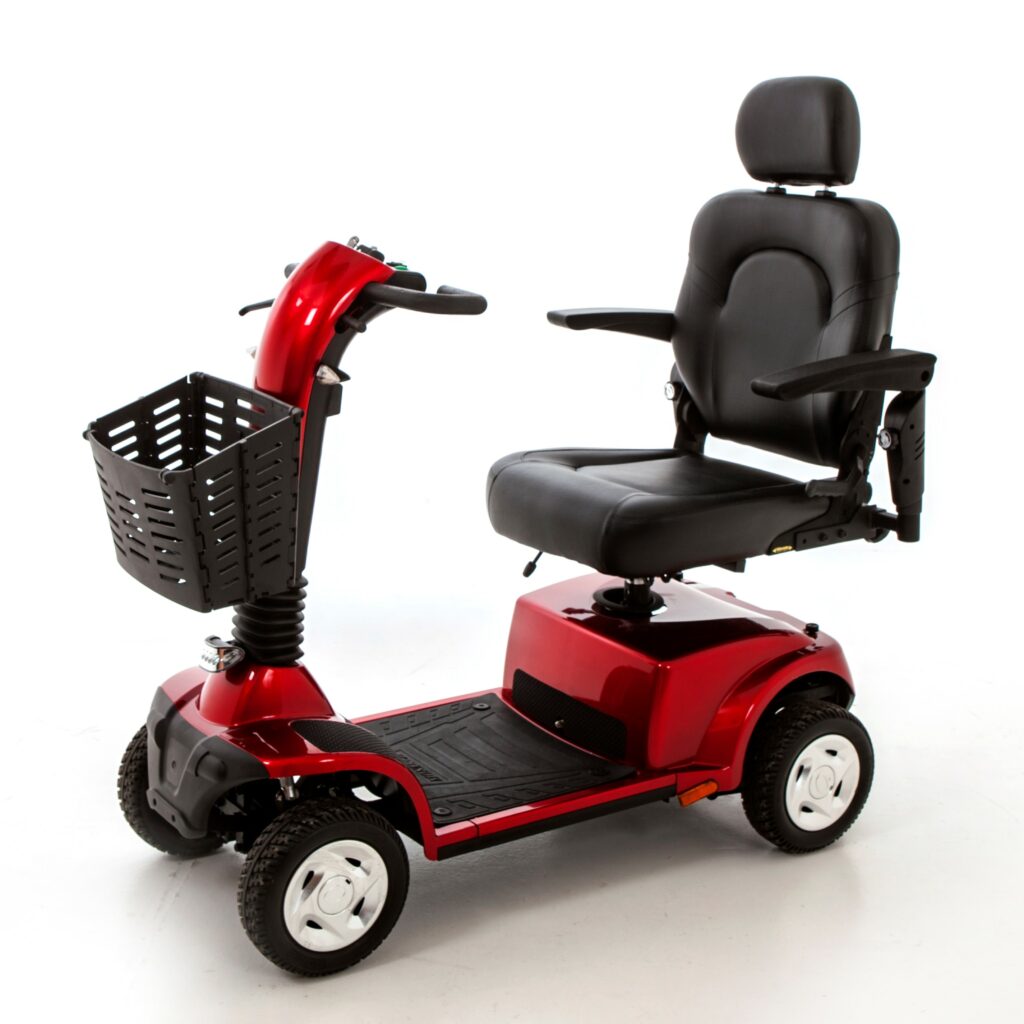
Which mobility aid is best for you?
When you have identified your personal mobility needs, you can decide what type of scooter or powered wheelchair will be best for you. There are different types of products available, with various features depending on your needs.
Take a look at our article, which provides a detailed comparison of mobility scooters vs electric wheelchairs to help you make an informed decision, or consider if a rollator might offer enough support for you.
Types of mobility scooters
Mobility scooters are an excellent choice if you need to travel longer distances and require more independence. Typically with three or four wheels, a padded seat, and a handlebar for operation and steering, mobility scooter benefits include ease and convenience.
There are two main types of mobility scooters:
- Class 2 mobility scooters are designed for use on the pavement and pedestrianised areas, and are more lightweight and compact.
- Class 3 scooters are road legal so are larger and more sturdy.
Read our blog to better understand the difference between Class 2 and Class 3 mobility scooters.
A free home demo is a great way to try out the many benefits of a mobility scooter. Chat with our experts to find out more.
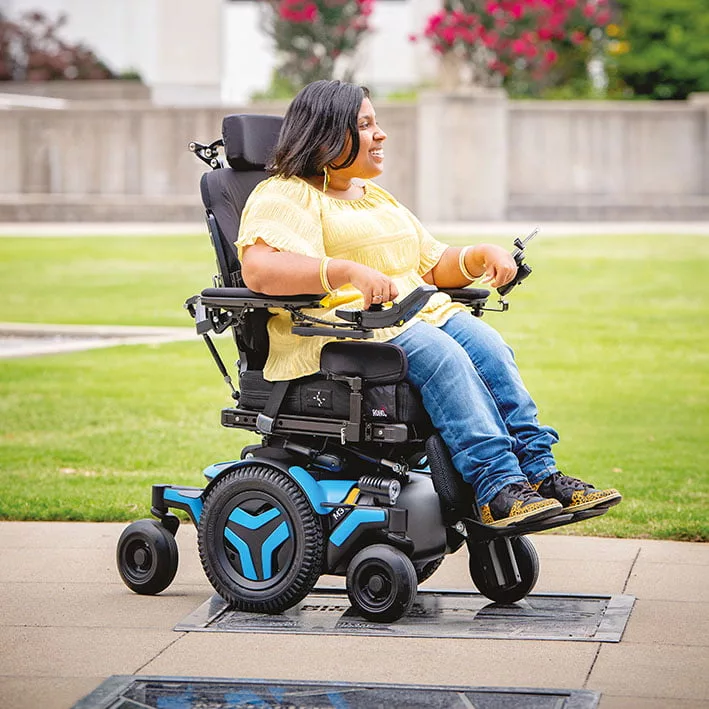
Types of wheelchairs
If your mobility is more limited, a wheelchair may be more suitable.
Manual wheelchairs are usually lightweight and portable, and are ideal for short distances and easy storage
Electric wheelchairs (powerchairs) offer freedom and independence for anyone who is unable to use a mobility scooter or manual wheelchair. They are usually controlled by a joystick and provide excellent support and comfort. Buying the right powerchair is incredibly important, so speak to our mobility experts if you need more information or a home demo.
Before deciding on your preferred mobility aid, it’s important to test-drive various models to find the one that suits you and which you feel confident driving. Ensure you’re comfortable with the vehicle’s maximum speed, and check if the scooter fits your lifestyle, including your ability to store and maintain it.
Obtaining a mobility scooter or powerchair
If you’re confident that a mobility scooter or powerchair is the right choice, it’s time to look at how to get one.
Purchasing a mobility scooter
Browse Monarch’s range of mobility scooters to gain an understanding of the various models, features, pricing.
Don’t forget, before making a decision, consider factors such as:
- Your physical capabilities
- Terrain the scooter will be used on
- Your lifestyle – including daily usage, travel and storage
Our mobility scooter buying guide runs through everything you may need to consider to find the right scooter for you.
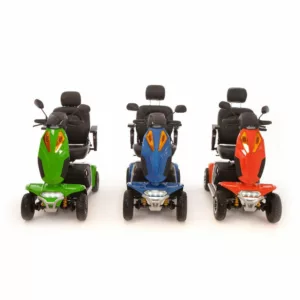
Financial support
The cost of mobility scooters varies greatly depending on the model type and specifications.
If you need help with costs, there are schemes and mobility benefits available in the UK that you may be eligible for, including:
Servicing and insurance
Like any vehicle, your mobility scooters will benefit from regular maintenance and servicing.
Mobility scooter insurance is also strongly advised to protect against potential risks and offer peace of mind.
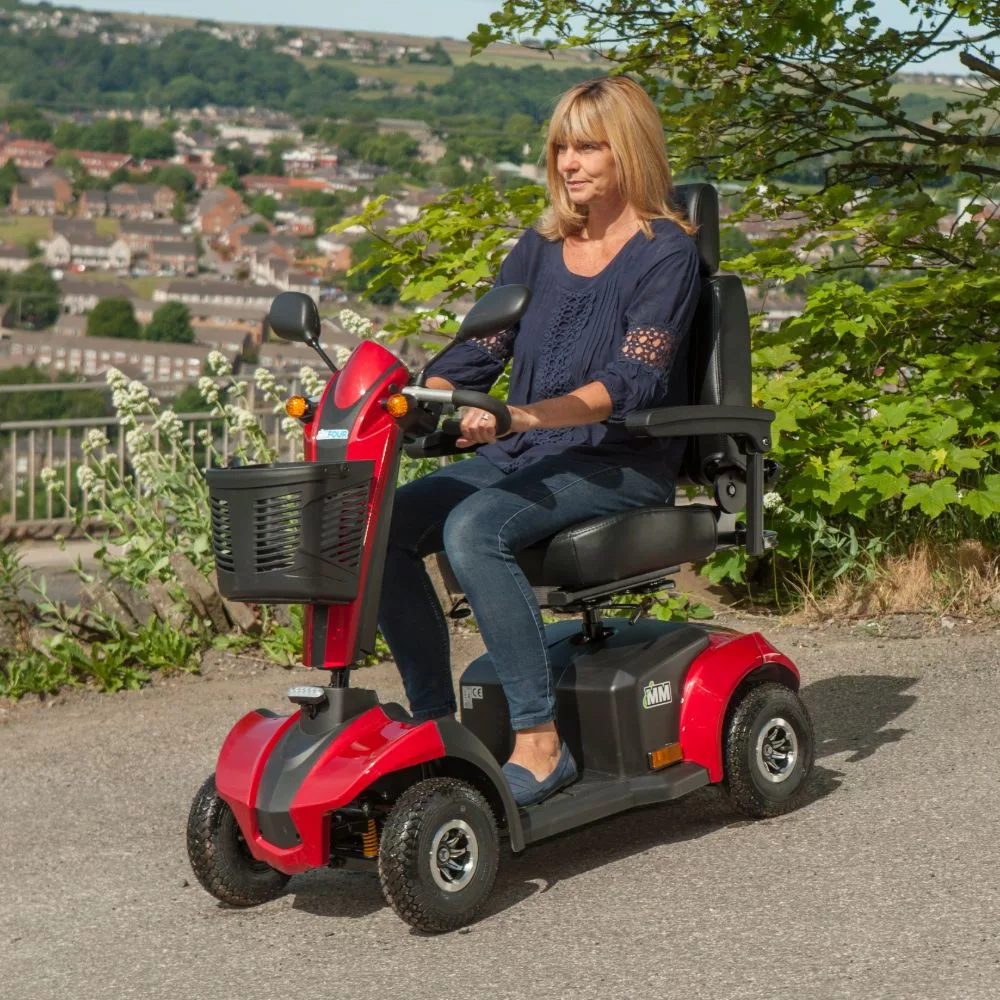
Ready to begin your mobility journey?
A reliable mobility scooter or powerchair can be a life-changing device for individuals with mobility issues, offering newfound freedom and independence.
By understanding your mobility needs and exploring different mobility aids, you can make an informed decision and embark on a journey towards a more mobile and independent life.
If you’re still wondering, “Do I need a mobility scooter?” our team is here to help!
Explore our fantastic range – or speak with our friendly experts for advice and a free home demo.
Related posts
